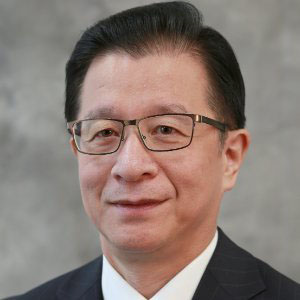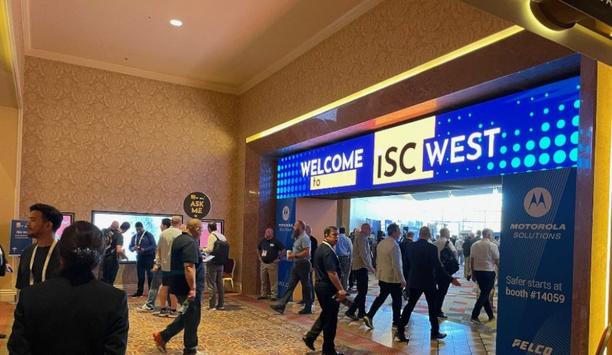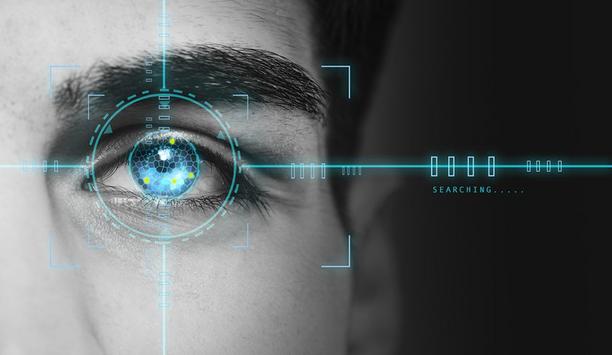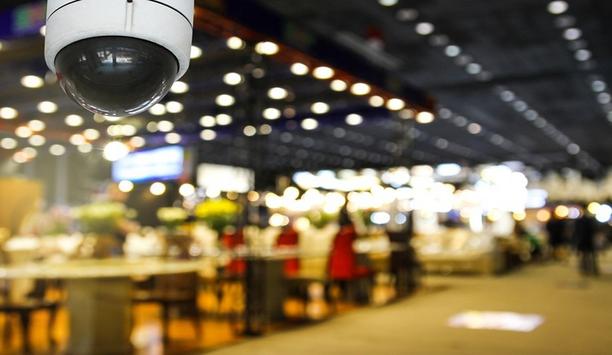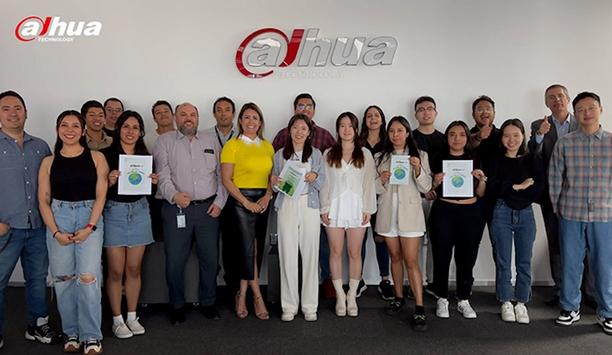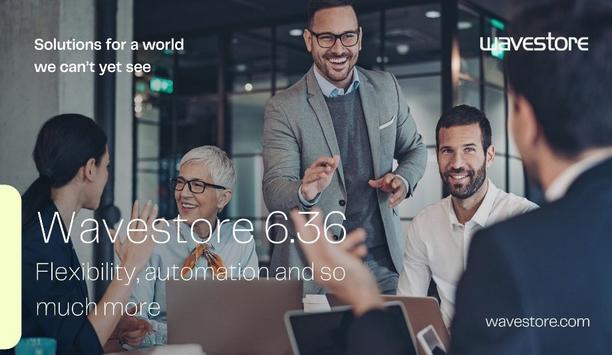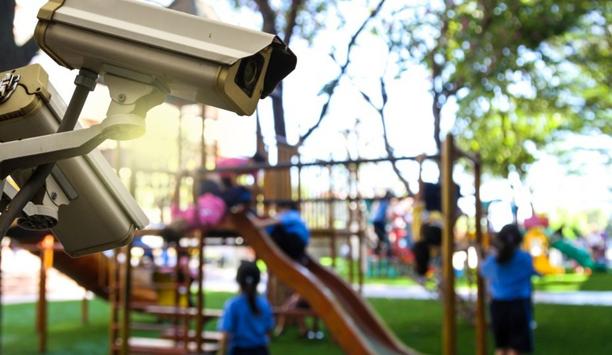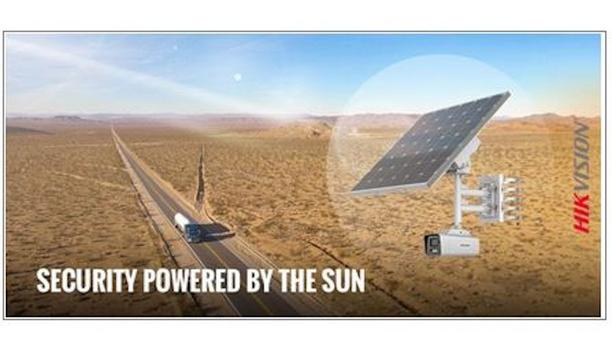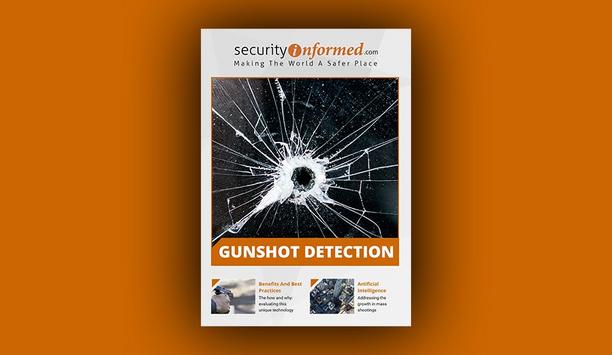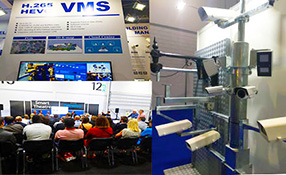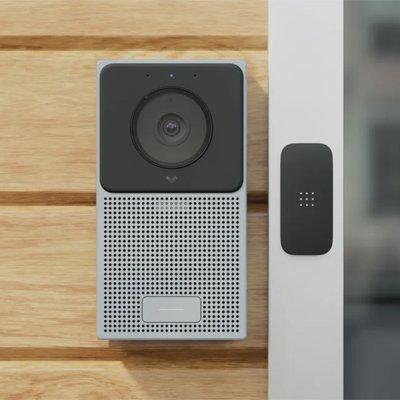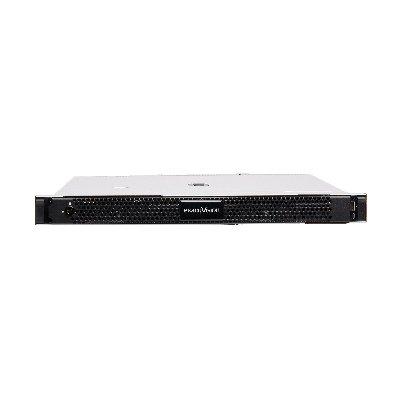The days when Chinese video surveillance products were associated with lower quality are mostly gone now. Certainly, it’s easy enough to test the quality and functionality of any Chinese-made product in a shootout against products made anywhere in the world. In that sense, the quality of Chinese goods is no longer an obstacle for security customers: Their ability to judge quality for themselves eliminates any dependence on previously held opinions.
But what about other preconceived ideas and opinions about products made in China? Such concerns range from who owns the companies to concerns about cybersecurity.
Hikvision is the largest Chinese company participating in the video surveillance market (and the largest company of any nationality). Their ascendance in the U.S. market in the last couple of years has been remarkable. Even so, questions and concerns linger surrounding the fact that they are a Chinese company. Are the concerns legitimate or ill-informed? We presented some of these questions to Jeffrey He, President of Hikvision USA Inc. and Hikvision Canada Inc., who agreed to present the company’s perspective.
SourceSecurity.com: We often hear that Hikvision is owned by the Chinese government. What exactly is the nature of that relationship?
Jeffrey He: First, I think we can all agree that it is no longer the case that only lower quality products come from China. Today we see a wide variety of products coming from China that not only meet but actually exceed Western expectations for quality and value. Hikvision is a perfect example of a Chinese-based, yet publically traded, company that provides such products, which certainly helps our ascendance in the market.
In terms of your question regarding the Hikvision’s ownership structure, I appreciate this question and value the opportunity to address any rumours out there. The company’s ownership is composed of a diverse set of private and public entities. Hikvision USA Inc. and Hikvision Canada Inc. are wholly owned by Hangzhou Hikvision Digital Technology Co., Ltd., 42% of which is owned by state-owned-enterprises (SOE), with the remaining stock owned by a combination of general public stockholders and venture capital investors, including 18% from private equity in Hong Kong. Like many companies across the globe, Hikvision does benefit from a certain amount of investment from the government. However, equating a company partially owned by SOEs with the government itself is simply incorrect and misleading.
There are two state-owned enterprises that own 42% of the company, with other people and venture capital investors owning the rest, including private equity in Hong Kong. Then in the open stock market there are shareholders all over the place. Some of the shareholders are foreign investors, as well.
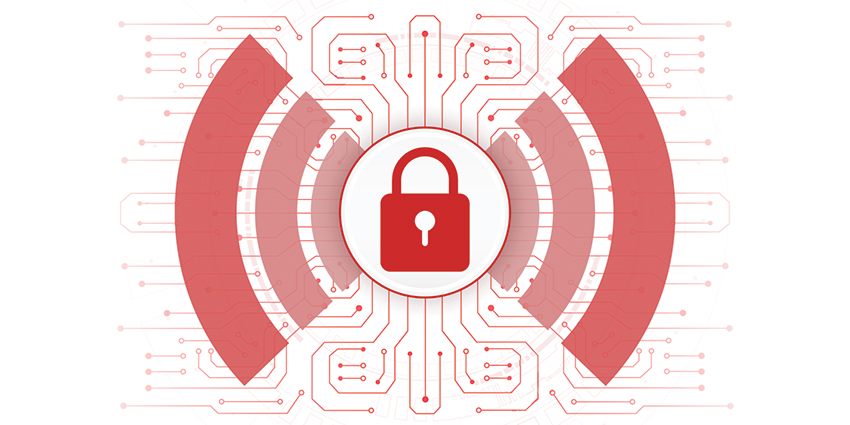 |
SourceSecurity.com: Hikvision has in the past been associated with questions (and incidents) of cybersecurity of their cameras. How has Hikvision addressed those incidents and concerns? Are the products “safe” now? What about other common cybersecurity concerns of IP cameras?
Jeffrey He: The security of our products is of the utmost importance to us, and we have both internal and external teams in place that conduct ongoing testing for cybersecurity vulnerabilities. Our proprietary Network and Information Security Lab upholds the highest level of internal process control, security management, and independent auditing.
It’s true that some of our products have suffered cyber-attacks. In the past two years our products have been affected by several cyber-attacks. During a recent webinar we did with the Electronic Security Association (ESA), we went into each of them in detail. If vulnerability is found, we react swiftly to resolve it and notify our customers. Most of the time this means creating new firmware and releasing it to the public, which in most cases we were able to accomplish in a matter of days.
These attacks not only affected Hikvision products but also impacted other manufacturers as well. Being the world’s largest IP video surveillance manufacturer, we become a natural target. In comparison, some of the world’s largest software manufacturers issue new security updates almost weekly to address threats to their products. We live in a very connected world, and unfortunately this world comes with risks.
No network product on the market – whether Hikvision or otherwise – can ever officially be declared “safe,” since new cyber-threats are constantly emerging. We continually monitor for new threats and mitigate any risks should they occur.
SourceSecurity.com: One idea floating around the industry is that Chinese surveillance products might have a “backdoor” to allow access to video by the Chinese government or other third party.
Is there any credence to the notion that Chinese surveillance products have a backdoor? What can you tell your North American customers about the security of Hikvision equipment?
Jeffrey He: There have been some misguided accusations targeting Hikvision’s public and industry image, sometimes seeking to create controversy where none exists. Over the past 15 years, Hikvision has built strong and valuable relationships with security industry stakeholders around the globe. In North America, we have made it our responsibility to not only provide outstanding video surveillance products and solutions but also to build our partnerships based upon trust. These questions are geared in general not just to Hikvision but to many Chinese manufacturers, and none of these accusations have been proven to be true. These accusations are baseless.
The Cold War was officially over when the Berlin Wall came down, but I’m seeing that, in the minds of some, it never ended. We all would be better served if, instead of living in the past, we would look towards the future and the realities of world changes and technology changing along with it. People living in the past or pursuing their own agendas are not discussing the real threats of terrorism. Instead, they are going after the very manufacturers providing the solutions to fight criminal and terrorist activities.
We continue to take steps to improve our products, including having them tested by leading third-party cybersecurity firms in the United States to minimize any potential security risks. So far, we have seen no evidence to suggest any “backdoor” access to our products by a government or a law enforcement agency anywhere in the world.
And as you know, we are using SourceSecurity.com’s recent Technology Report on Cybersecurity and IP Video Systems to further educate our customers and end-users.
SourceSecurity.com: How did the company perform overall in 2015? Are you really taking over the video surveillance market (as we often hear)?
Jeffrey He: Hikvision had worldwide sales revenue of US $3.88 Billion in 2015, with a growth rate of 47%.
Given the size of our company, we did quite well. In North America we will continue to grow because of the right proposition set, including our versatile, innovative product suite, service, and customer support and our North America-based talent base.
We are not taking over the market. Rather, we are part of the healthy competition one sees in the video surveillance market today. There will always be new innovations, and somebody will naturally take the lead because of type and quality of technology they can provide to the market. There are market participants that used to be leaders, but things change, due to many factors, including the effect of lack of innovation. Innovation is the key factor, not pricing. Pricing can only go so far before it becomes irrelevant.
 |
SourceSecurity.com: How is Hikvision addressing competition, both from other established manufacturers and new entrants to the video surveillance market?
Jeffrey He: Healthy competition is really the driving force for innovation: delivering value to integrators and end-users. This is true not only of video surveillance but of any industry. North America is dramatically different as a competitive landscape versus Asia or Europe.
Just a few years ago the Chinese security market was dominated by foreign brands. Talking from personal experience, I worked for a company that sold billions of dollars’ worth of equipment and services to China. However, as the technology changes, so do the value expectations in the market. Hikvision was able to drive its success with significant investment in R&D and service delivery. We were able to fulfill the value expectations for video surveillance products and solutions in the marketplace. I do want to mention that despite some accusations of protectionism that we sometimes hear, even today there are two foreign brands that dominate the intrusion market in China and probably hold the major market share there. The truth of the matter is that competition is what truly drives innovation, which creates additional value for the customers.
One clear example of technology innovation is the 4K standard. With our 4K products we are trying to deliver value to the market. Without any competition, the industry would still be at 4 CIF. Out of this drive to compete comes a technology that has widespread benefits in the marketplace today and will at one point be the standard.
SourceSecurity.com: We understand Hikvision has been involved in some significant tenders in China. Can you tell us more about it?
Jeffrey He: We do engage in commercial tenders in China and around the globe. As a part of tender process, end-users or an organization ordering equipment or services decide on the aspects for selecting the winner. As the Chinese economy grew in the past 15 years, the security industry also expanded. Looking at the industry reports and analytics, the Chinese security market is even larger than it is in the US. This certainly allowed Hikvision to grow in the security segment, and the company observed significant growth. As the company continues to strengthen its position as a security products and solutions provider, the opportunities for tenders increase as well. Because of our success in technology innovation and our investment in R&D, we hope for even more success in winning these tenders in the future.
SourceSecurity.com: There have been claims that Hikvision is being subsidized by the Chinese government. Do you care to comment on that?
Jeffrey He: This is simply not accurate. We are a commercial enterprise competing with international and domestic companies in every aspect. In every government project there are commonly policies and regulations managing the costs of projects; it is clear that the pricing of those tenders is extremely competitive. Considering that, it is hard to imagine a government subsidizing a company under these conditions; it’s quite illogical to suggest that we are being subsidized by the Chinese government. There are many factors being taken into consideration during the selection process for projects in this industry. We became a market leader organically, because of our technology and customer service, not because of government subsidies.
When questions like these are raised, I can’t think of anything but the naive nature and potentially misguided principles behind them. Having said that, I’m confident the company will persevere by continuing to offer outstanding value to our customers and partners.
Download the White Paper on Cybersecurity and IP Video Systems here


